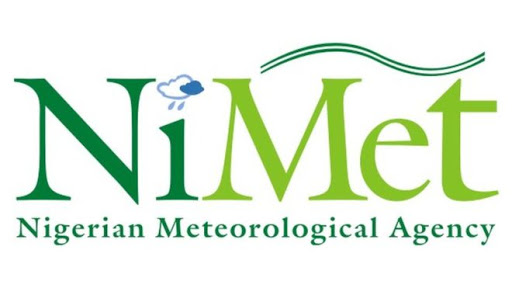Report: NiMet’s Air Quality Monitoring Network in Deplorable State
CHIGOZIE AMADI
The Nigerian Meteorological Agency (NiMet) air quality monitoring stations nationwide are in deplorable state, jeopardizing the agency’s ability to fulfill its critical mandate effectively.
This was discovered after a comprehensive audit exercise of NiMet’s air quality monitoring stations published at its website.
The audit which was commissioned in February 2024 by NiMet management headed by the DG/CEO, Prof. Charles Anosike, concluded that; “NiMet’s air quality monitoring stations nationwide are in a deplorable state and that the comprehensive audit exercise was aimed to evaluate the operational status and condition of seven critical air quality monitoring stations strategically located across the country in Sokoto, Kano, Maiduguri, Yola, Enugu, Lagos, and Abuja.
These facilities, representing a substantial financial investment by the agency, are pivotal in monitoring air quality and providing essential data to support environmental policies and public health initiatives nationwide.
The leader of the audit team, Mrs. Olumide Olaniyan, the General Manager, Air Quality Monitoring Unit, reported that the findings of the audit exercise painted a profoundly concerning picture, unveiling the deplorable state of these stations with the exception of Sokoto which has just been installed and Yola where the installation is still ongoing.
The audit revealed that the current condition of the remaining five facilities is alarmingly appalling, jeopardising their ability to fulfill their intended purpose effectively.
The audit exercise shed light on the concerning reality that the air quality monitoring stations had not received the necessary attention and resources over the years by the past managements.
This lack of proactive maintenance and resource allocation, NiMet said, has hindered the stations’ ability to operate at their full potential, thereby limiting the agency’s capacity to effectively safeguard public health.
According to the report: “For example, the report faulted the inability of the contractor at the Kano station to complete the installation for over five years after the contract was awarded, hence there has been no official handing over of the air quality station to NiMet by the contractor because the job has not yet been completed.
“The Enugu station which became functional after complete installation in 2013 worked till 2015.
“Currently, all MSS international/MSA gas analyzers which measured CO, NO2, SO2 and PM10 and wind sensor were carried away by the contractor in January 2019 for servicing, repairs and upgrade, but never returned till date.”
Summary of other issues noted in the report included ill-conceived contracts, lack of contractor compliance and maintenance capability, and abandoned air quality stations.
Reacting to the report, Professor Anosike said that it was important that management conducted the audit to have firsthand knowledge of the state of equipment in the agency.
According to Anosike, “We have been mandated by the Honourable Minister of Aviation and Aerospace Development, Festus Keyamo, SAN, as part of the 5-point agenda set for Nigeria’s aviation sector to ensure strict compliance with safety regulations and continuous upward movement of Nigeria’s rating by ICAO.
“The findings of the audit of NiMet’s air quality monitoring stations, though shocking, will help management to determine areas to channel resources,” Anosike said.

























